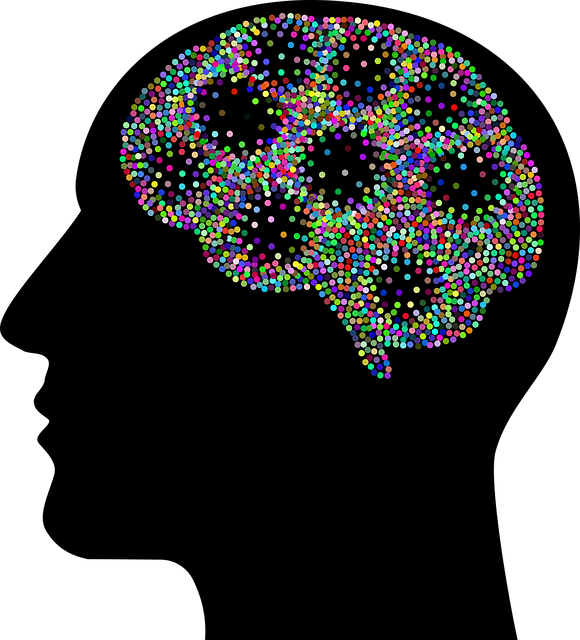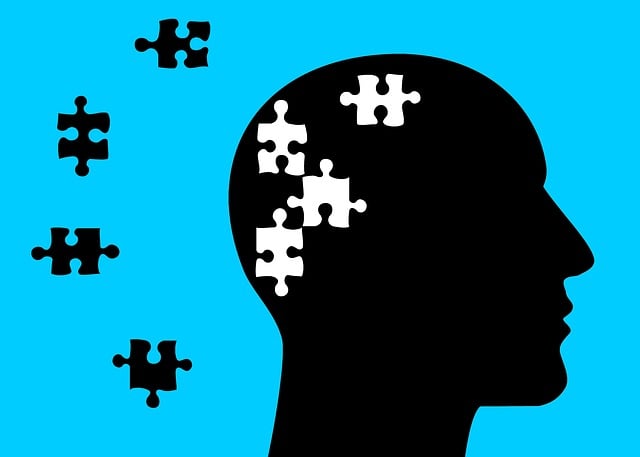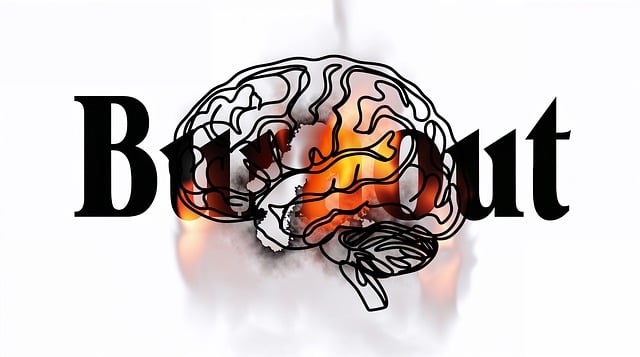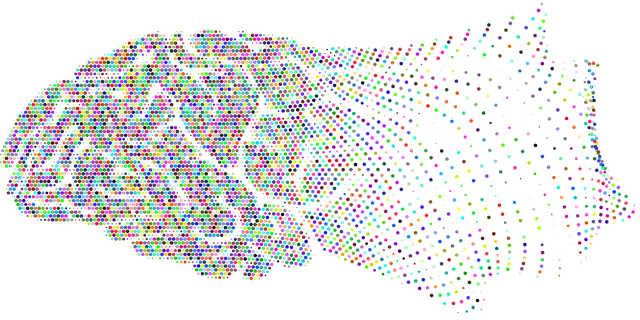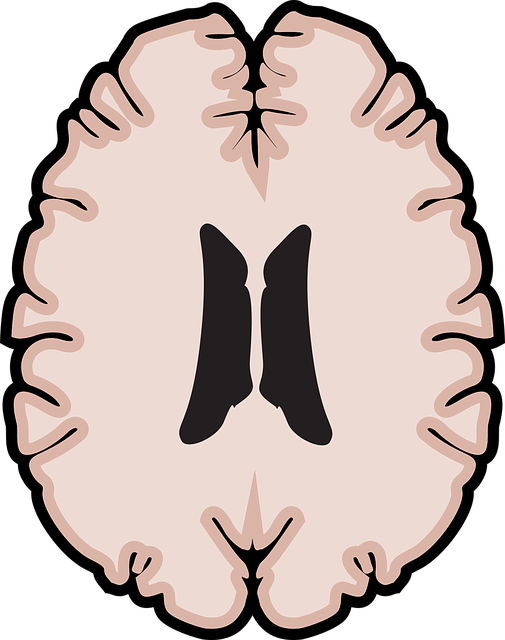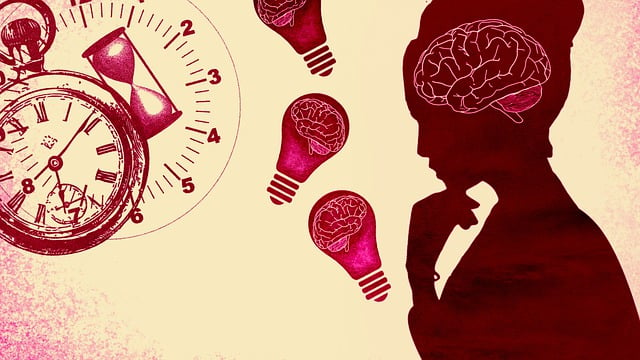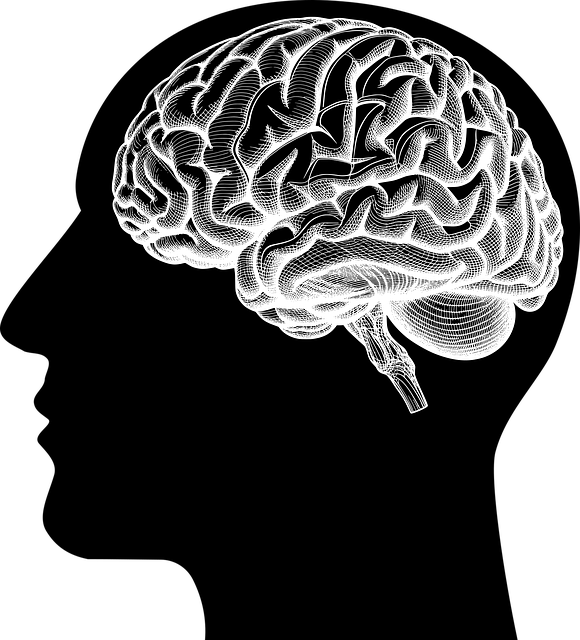Mental health disparities among elders, particularly from marginalized communities, require tailored interventions due to higher rates of depression, anxiety, and cognitive decline. Accessible therapy, including services in American Sign Language (ASL) for deaf or hard-of-hearing individuals, significantly improves their well-being. Public awareness campaigns and policy analysis initiatives focused on mental health advocacy are vital to integrating ASL therapists and trauma support services, fostering an inclusive approach to cater to diverse elder populations. Community engagement, tailored therapy sessions, and holistic practices enhance resilience and encourage active participation in mental health services, overcoming barriers and stigma. Advocacy shapes policies to ensure access to quality care for elders, incorporating Mind Over Matter principles, ASL, and Emotional Intelligence training.
Mental health advocacy initiatives play a pivotal role in addressing critical disparities within our communities, particularly among elders. This article explores several key areas, including understanding mental health disparities in aging populations, leveraging the power of American Sign Language in therapy, fostering community engagement to build robust support networks, and overcoming barriers to accessing vital services. Additionally, it delves into effective advocacy strategies aimed at enhancing mental healthcare for elders, underscoring the importance of inclusive practices and accessible therapies like ASL.
- Understanding Mental Health Disparities Among Elders
- The Power of American Sign Language in Therapy
- Community Engagement: Building Support Networks
- Overcoming Barriers to Accessing Services
- Effective Advocacy Strategies for Better Mental Healthcare
Understanding Mental Health Disparities Among Elders

Mental health disparities among elders, often overlooked, are a growing concern within the healthcare landscape. Elders, particularly those from marginalized communities, face unique challenges in accessing quality mental health services. This is evident in the higher prevalence of depression, anxiety, and cognitive decline among older adults compared to younger generations. The complexity of their needs demands tailored interventions. Therapy for elders, when made accessible, can significantly improve their overall well-being.
American Sign Language (ASL) plays a pivotal role in bridging communication gaps within this demographic. Many elderly individuals, especially those from deaf or hard-of-hearing communities, may struggle with traditional mental health service delivery models. Public awareness campaigns and policy analysis initiatives focused on mental health advocacy are crucial. They can highlight the importance of integrating ASL therapists and trauma support services to cater to diverse populations. Effective public awareness campaigns development ensures that elders receive timely interventions, fostering a more inclusive approach to mental healthcare for this vulnerable group.
The Power of American Sign Language in Therapy

In recent years, there’s been a growing recognition of American Sign Language (ASL) as a powerful tool within therapy settings, particularly for elders in the community. ASL offers a unique and effective approach to mental health care, bridging communication gaps that often exist between deaf or hard-of-hearing individuals and healthcare professionals. By utilizing this visual language, therapists can facilitate deeper levels of understanding and connection with their clients, which is especially beneficial for addressing issues like anxiety relief among elders who may have struggled with traditional talk therapy.
This method not only enhances the therapeutic process but also promotes self-care practices and self-awareness exercises. The non-verbal nature of ASL encourages a different kind of engagement, often reducing barriers to communication and fostering a sense of safety and comfort. This can be particularly impactful for elders who have found traditional therapy to be uninviting or inaccessible, opening doors to new avenues for mental well-being and social connection.
Community Engagement: Building Support Networks

Mental health advocacy initiatives place a significant emphasis on community engagement to build robust support networks. By fostering connections within local communities, especially in areas with limited access to resources, individuals can find comfort and understanding. For instance, incorporating therapy sessions in American Sign Language (ASL) caters to the unique needs of the deaf community, ensuring effective communication and access to mental health care.
Community engagement also facilitates the spread of awareness about various mental health issues, including anxiety relief and burnout prevention techniques. Through workshops, support groups, and educational programs, individuals learn valuable conflict resolution skills that promote healthier interactions and reduce the impact of stress. This collective effort creates a web of support where members can lean on one another, fostering a sense of belonging and enhancing overall well-being.
Overcoming Barriers to Accessing Services

Many older adults face unique challenges when it comes to accessing mental health services, often due to barriers rooted in societal and cultural norms. Stigma surrounding mental health issues, especially among the elderly population, can prevent them from seeking the support they need. Overcoming these obstacles is crucial for ensuring that elders receive the therapy and care they deserve. One effective strategy involves implementing community outreach programs that focus on educating both the elderly and their caregivers about available resources. These initiatives can dispel myths and provide information in accessible formats, such as through workshops or presentations utilizing American Sign Language (ASL) to cater to deaf or hard-of-hearing individuals.
A holistic approach to mental health advocacy includes fostering compassion cultivation practices within the community. By promoting understanding and empathy, these programs encourage a supportive environment where elders feel comfortable discussing their experiences and emotions. Additionally, inner strength development activities can empower older adults to take control of their well-being. Such initiatives not only enhance their resilience but also serve as a catalyst for them to actively participate in their mental health journeys, ultimately improving access to services tailored to their unique needs.
Effective Advocacy Strategies for Better Mental Healthcare

Advocacy plays a pivotal role in shaping mental healthcare policies and ensuring access to quality services for all. For the elderly population, who often face unique challenges related to mental health, targeted initiatives are imperative. One effective strategy is to incorporate Mind Over Matter principles into community programs, promoting self-care and resilience. Encouraging open conversations about mental wellness and reducing stigma can significantly impact how seniors seek support. For instance, teaching American Sign Language (ASL) can facilitate communication for those who prefer non-verbal methods, ensuring their needs are met.
Additionally, Emotional Intelligence training can empower both caregivers and individuals to understand and respond to emotional cues, fostering a supportive environment. Mental wellness coaching programs tailored for the elderly can help them navigate resources and provide practical tools for managing mental health. These initiatives collectively contribute to a more inclusive and responsive mental healthcare system, where no one is left behind, especially vulnerable groups like seniors.
Mental health advocacy plays a pivotal role in ensuring equitable access to quality care, especially for older adults facing unique challenges. By addressing mental health disparities through initiatives like promoting therapy for elders and integrating American Sign Language (ASL) into therapeutic practices, we can create inclusive support networks. Community engagement is key; fostering connections and raising awareness enables us to overcome barriers to accessing services. Embracing effective advocacy strategies empowers individuals to navigate the system, ultimately enhancing mental healthcare outcomes for our elders.


